Retirement Taxes: How All 50 States Tax Retirees
Find out how income taxes in retirement stack up in all 50 states plus the District of Columbia.

Katelyn Washington

Profit and prosper with the best of Kiplinger's advice on investing, taxes, retirement, personal finance and much more. Delivered daily. Enter your email in the box and click Sign Me Up.
You are now subscribed
Your newsletter sign-up was successful
Want to add more newsletters?
Navigating taxes in retirement isn’t always easy. After all, how your retirement income is taxed depends on multiple factors, such as what type of income you receive, federal taxes, and which state you live in. Not all states tax retirement income, and some tax some types of income but not others. Even within states, taxes can differ for each type of retirement income.
This alphabetical list provides an overview of how income from employment, investments, a pension, retirement distributions, and Social Security are taxed in every state and the District of Columbia.
If you are considering moving to a different state, it's a good idea to investigate how each state handles taxes on retirement income before you decide. And even if you’re not moving, this list can help give you a picture of your state's tax landscape for retirees.
New: State Tax Refund Delays: Here Are 5 States Where Your Money Is Stuck
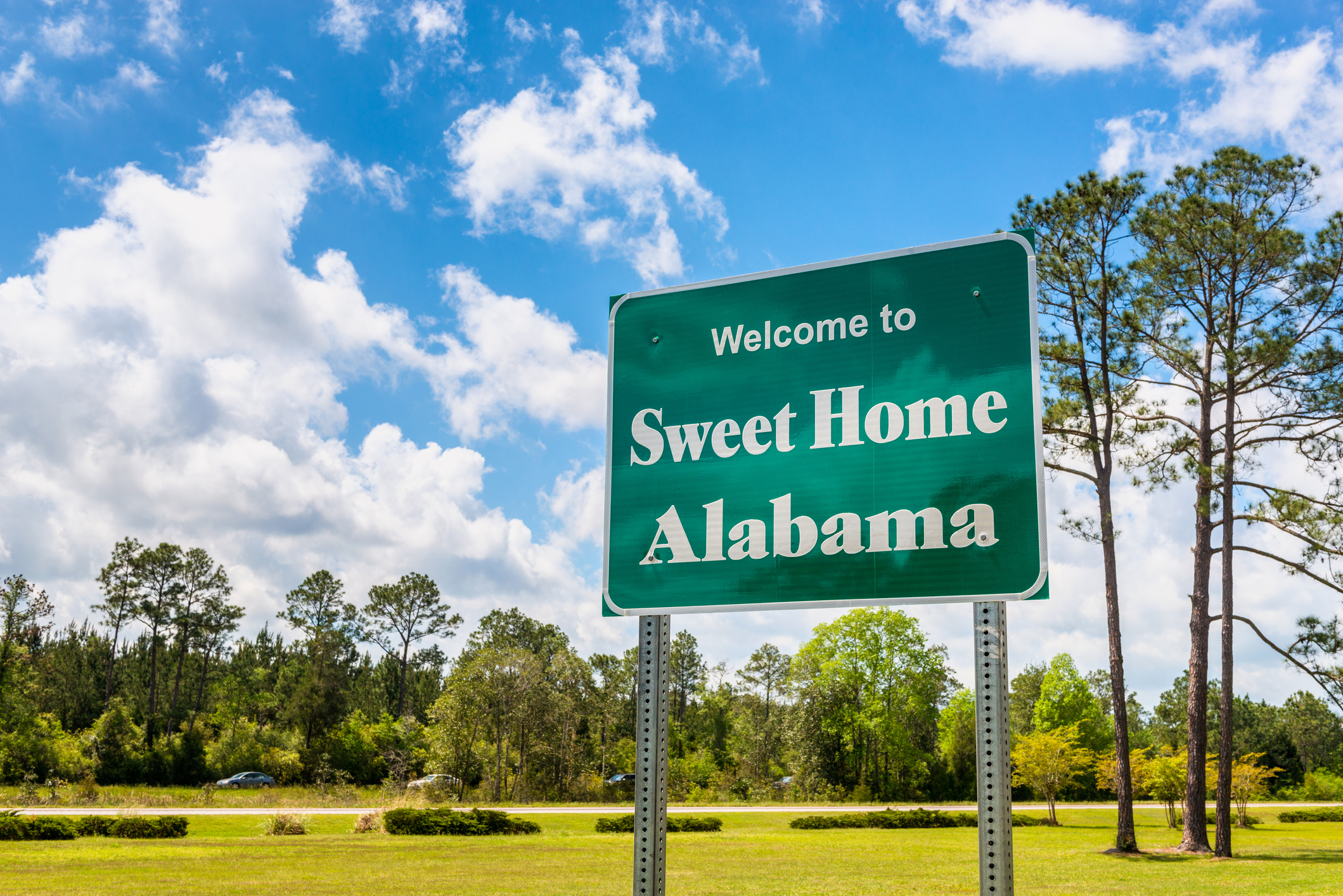
Alabama retirement taxes
The first $6,000 of distributions from retirement plans (like IRAs and 401(k)s) are tax-exempt for retirees age 65 and older in Alabama.
Income Tax on Taxable Income: Low of 2% (on up to $500 for single filers and $1,000 for joint filers) and a high of 5% (on more than $3,000 for single filers and $6,000 for joint filers)
- Social Security: Not taxable
- Pensions: Not taxable
- 401(k) and IRA Distributions: Partially taxable
More: Hurricane Helene Aftermath: IRS Tax Relief and How to Help

Alaska retirement taxes
Alaska doesn't have a personal income tax, meaning that none of your retirement income is taxable on the state level.
Income Tax on Taxable Income: N/A
- Social Security: Not taxable
- Pensions: Not taxable
- 401(k) and IRA Distributions: Not taxable
More: Alaska State Tax Guide

Arizona retirement taxes
Arizona taxes most types of retirement income, but its flat income tax rate might help lower your tax bill.
Income Tax on Taxable Income: 2.5% flat rate
- Social Security: Not taxable
- 401(k) and IRA Distributions: Taxable
- Pensions: Taxable (some types of pensions qualify for an exemption of up to $2,500)
More: Arizona State Tax Guide

Arkansas retirement income tax
Arkansas is another state that taxes most types of retirement income, but taxpayers 59.5 or older can deduct up to $6,000 of eligible retirement income from their taxable income.
Income Tax on Taxable Income: Low of 0% (on up to $5,499) and a high of 3.9% (on more than $25,700)
Note: The tax rates above only apply to taxpayers with net incomes up to $92,300. Taxpayers with higher net incomes may reach higher tax brackets sooner.
- Social Security: Not taxable
- 401(k) and IRA distributions: Taxable
- Pensions: Taxable (military pensions are tax-exempt)
More: Arkansas State Tax Guide

California retirement taxes
California is ranked by Kiplinger as one of the worst states to retire when it comes to taxes. Some retirees might pay an income tax rate as high as 13.3% (if they are still working and their taxable income reaches $1,000,000), but most retirees will pay a lower rate.
Income Tax on Taxable Income: California has nine income tax brackets, which is more than in most states. Rates range from 1% to 13.3%. Effective in 2024, a California tax expansion mandated a 1.1% payroll tax for employees making more than $1 million. So, if you're a high earner who is still working during retirement, you could pay more state tax than you did before.
- Social Security: Not taxable
- 401(k) and IRA Distributions: Taxable
- Pensions: Taxable
More: California Retirement Tax 2026: Is the 'Social Security Shield' Enough?

Colorado retirement taxes
Although Colorado taxes Social Security benefits, some retirees can exclude all their Social Security benefits from their taxable income. Colorado also allows a retirement income deduction of up to $20,000 for taxpayers 55 and older. Retirees 65 and older may deduct up to $24,000.
Income Tax on Taxable Income: Flat rate of 4.4% (for the 2025 tax year).
- Social Security: Partially taxable for some retirees (fully deductible for taxpayers 65 and older or taxpayers 55-64 with adjusted gross income (AGI) up to $75,000 for singles or $95,000 for joint filers)
- Pensions: Partially taxable
- 401(k) and IRA Distributions: Taxable
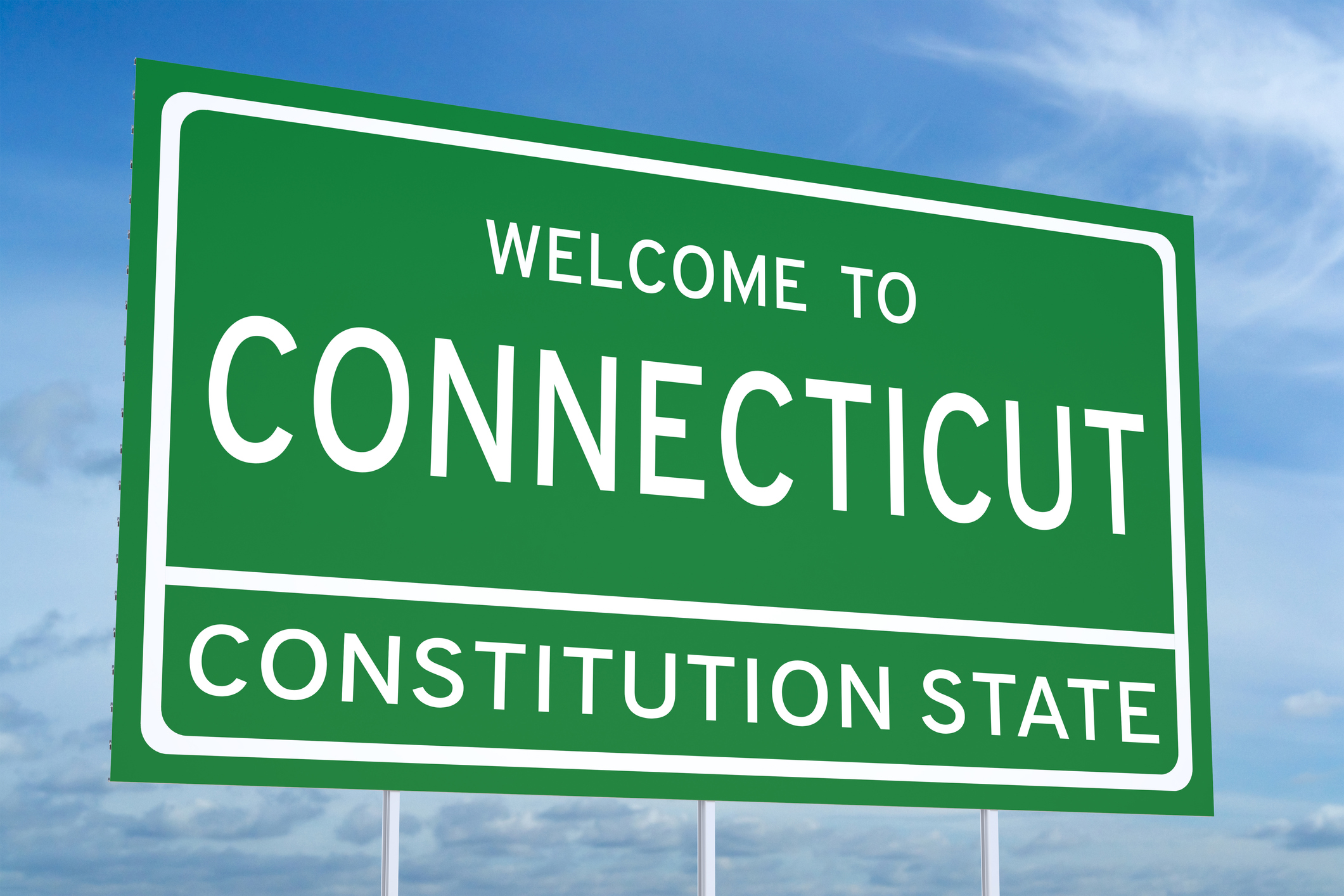
Connecticut retirement taxes
Social Security is not taxed in Connecticut for single taxpayers with an AGI below $75,000 ($100,000 for joint filers). However, a recent Connecticut tax relief bill phases out the income requirements, making Connecticut income tax more affordable for all Social Security recipients. Pension income and IRA distributions may also be exempt (or partially exempt) for taxpayers meeting income requirements.
Income Tax on Taxable Income: Low of 2% (on up to $10,000 for single filers and $20,000 for joint filers) and a high of 6.99% (on more than $500,000 for single filers and $1,000,000 for joint filers).
- Social Security: Partially taxable
- Pensions: Partially taxable
- 401(k) and IRA Distributions: Partially taxable

Delaware retirement taxes
Delaware taxes most types of retirement income, but the good news is that Delaware offers a pension exclusion that allows taxpayers 60 and older to deduct up to $12,500 of qualified retirement plans (including 401(k)s from their taxable income.
Income Tax on Taxable Income: Low of 0% (on up to $2,000) and a high of 6.6% (on more than $60,000)
- Social Security: Not taxable
- Pensions: Partially taxable
- 401(k) and IRA Distributions: Partially taxable
More: Most Expensive States for Retired Military Service Members

District of Columbia/Washington DC retirement taxes
Most of your retirement income is taxable in DC. However, residents can deduct up to $3,000 of retirement income when filing their taxes. Washington DC has an estate tax on estates worth more than $4,873,200, and your heirs could pay up to 16% in taxes to call the estate their own.
Income Tax on Taxable Income: Low of 4% (on less than $10,000) and a high of 10.75% (on more than $1,000,000)
- Social Security: Not taxable
- Pensions: Taxable
- 401(k) and IRA Distributions: Taxable
More: Trump Ends Emergency Tax Bill Over $6,000 Senior Deduction and Tip, Overtime Tax Breaks in D.C.
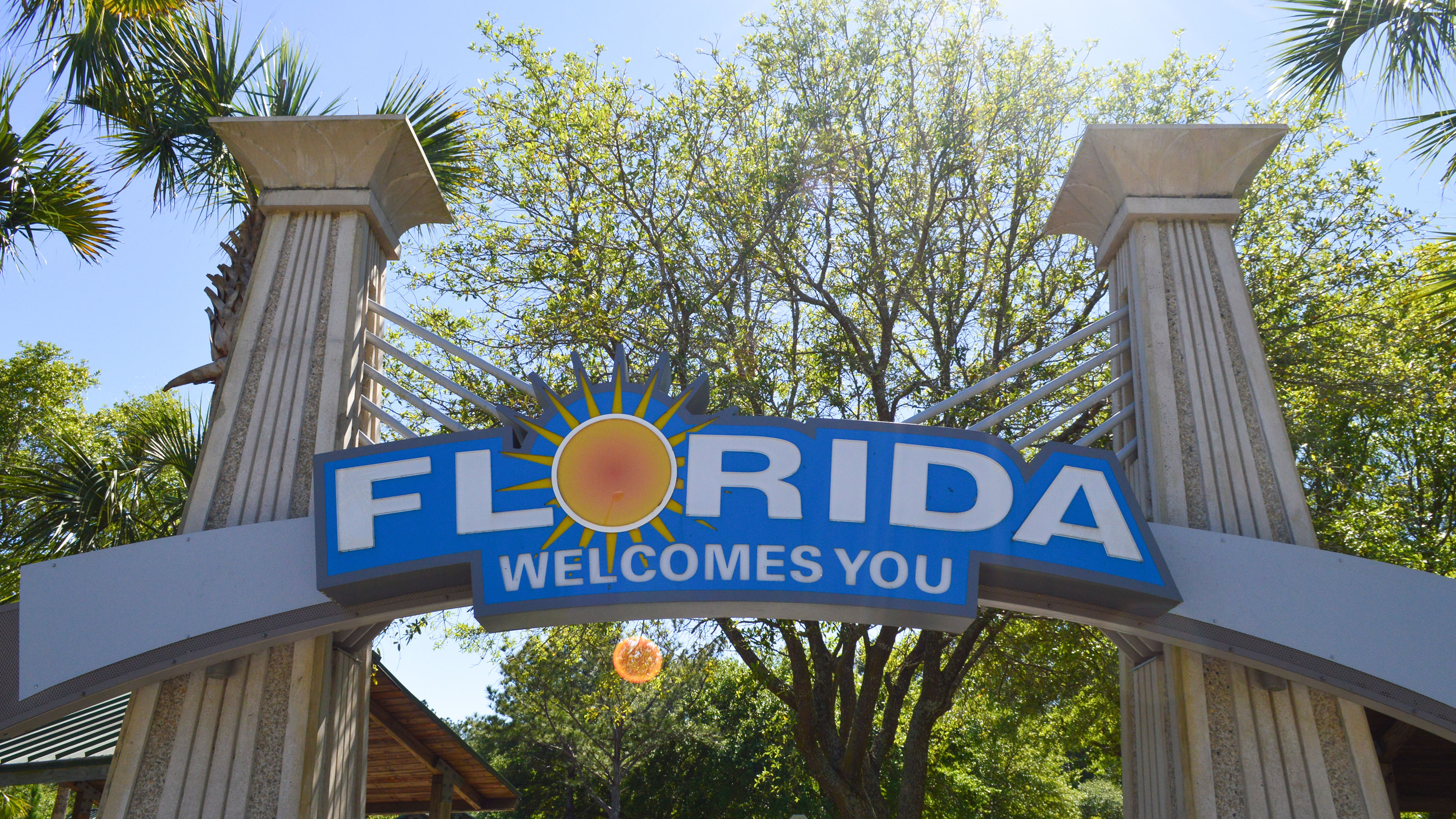
Florida retirement taxes
There is no personal income tax in Florida. The state won’t tax your pension or any other type of retirement income. There are no estate or inheritance taxes either.
Income Tax on Taxable Income: N/A
- Social Security: Not taxable
- Pensions: Not taxable
- 401(k) and IRA Distributions: Not taxable

Georgia retirement income exclusion
Georgia taxes most retirement income, but the state offers a hefty retirement income exclusion. Taxpayers age 62 and older may exclude up to $35,000 of their retirement income, and those age 65 and older can exclude up to $65,000 of retirement income.
Income Tax on Taxable Income: Flat 5.39%
- Social Security: Not taxable
- Pensions: Partially taxable
- 401(k) and IRA Distributions: Partially taxable

Hawaii retirement taxes
Hawaii exempts some retirement income, but income tax rates are on the high end for retirement income that is taxable. Hawaii also has an estate tax. The estate tax exemption is $5.49 million in Hawaii, and estates that exceed the exemption are taxed between 10% and 20%.
Income Tax on Taxable Income: Low of 1.4% (on up to $4,800 for joint filers and $2,400 for single filers) and a high of 11%
- Social Security: Not taxable
- Pensions: Not taxable (as long as you don’t make contributions)
- 401(k) and IRA Distributions: Taxable

Idaho taxes on retirement income
Idaho taxes most types of retirement income and has a flat tax rate. However, there are no estate or inheritance taxes in Idaho.
Income Tax on Taxable Income: 5.8% flat tax rate
- Social Security: Not taxable
- Pensions: Partially taxable (Some military and government pensions might qualify for an exemption)
- 401(k) and IRA Distributions: Taxable
More: Idaho State Tax Guide
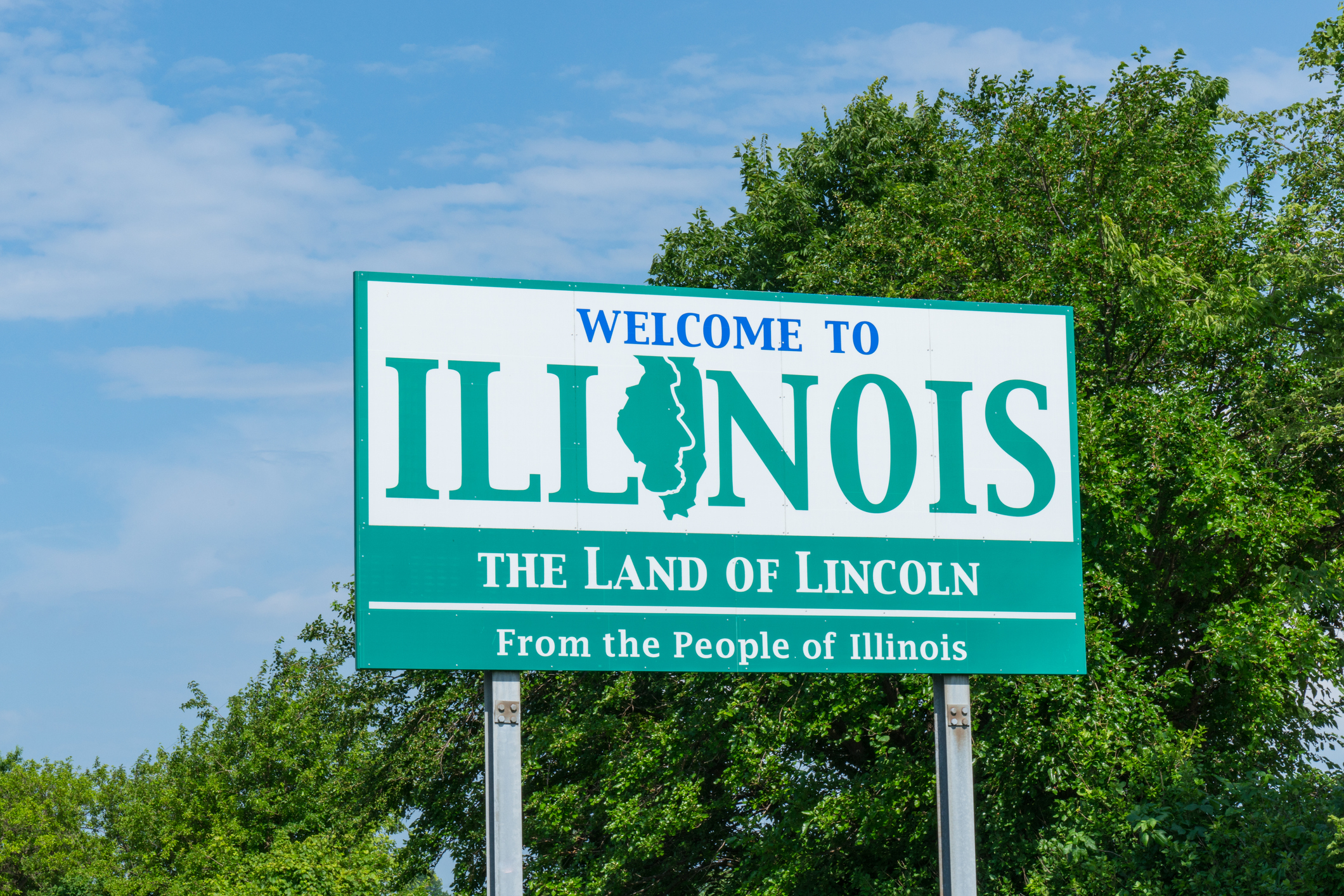
How Illinois taxes retirement income
Illinois is a state that exempts all retirement income. But there is an estate tax in Illinois, which has a $4 million exemption. Estates exceeding that value are taxed between 0.8% and 16%.
Income Tax on Taxable Income: Flat 4.95%
- Social Security: Not taxable
- Pensions: Not taxable
- 401k and IRA Distributions: Not taxable

Indiana retirement income tax
Indiana has a low flat tax rate for taxable income, and that’s a good thing since the state only exempts Social Security. However, there are no estate or inheritance taxes in Indiana.
Income Tax on Taxable Income: Flat 3.05%
- Social Security: Not taxable
- 401(k) and IRA Distributions: Taxable
- Pensions: Taxable
More: Indiana State Tax Guide
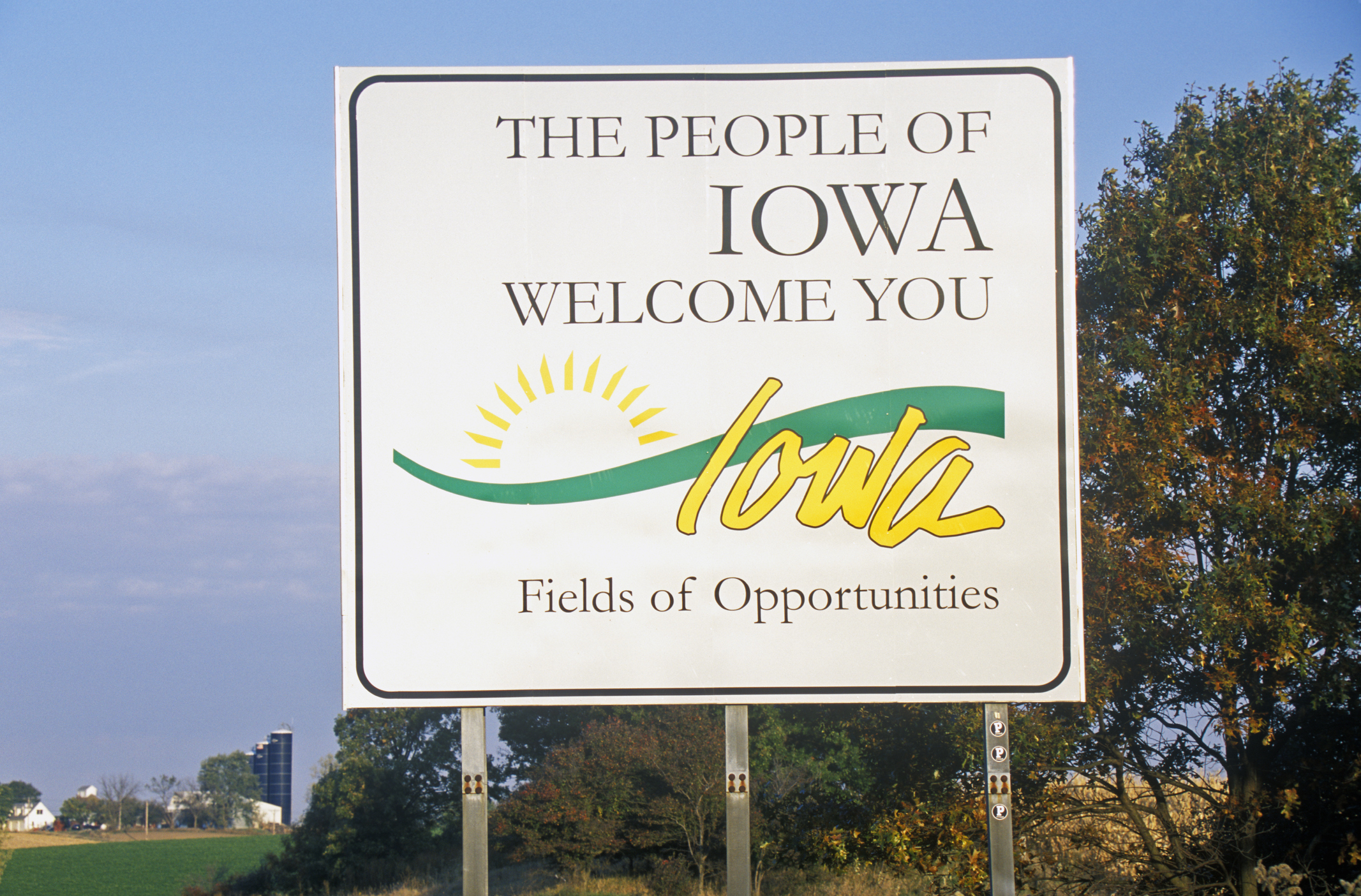
Iowa retirement taxes
Iowa recently made retirement income tax-exempt for residents 55 and older and eliminated its inheritance tax for tax years 2025 and later.
Income Tax on Taxable Income: For 2025, Iowa moved to a flat tax rate of 3.8%.
- Social Security: Not taxable
- Pensions: Partially taxable (Not taxable for under 55)
- 401k and IRA Distributions: Partially taxable (Not taxable for under 55)
More: Iowa State Tax Guide

Kansas retirement taxes
Kansas only exempts retirement income for some retirees depending on adjusted gross income (AGI), but some state lawmakers are trying to expand the exemption to include more residents.
Income Tax on Taxable Income: Low of 3.1% (on up to $30,000) and a high of 5.7% (on more than $60,000)
- Social Security: Not taxable
- Pensions: Taxable (Public pensions are exempt)
- 401(k) and IRA Distributions: Taxable
More: Kansas State Tax Guide

Kentucky retirement taxes
Kentucky taxes most types of retirement income. However, some types of retirement income qualify for an exclusion. For example, there is a $31,110 deduction available for state, private and military retirement plans.
Tax on Taxable Income: Flat 4% for 2025
- Social Security: Not taxable
- Pensions: Partially Taxable
- 401(k) and IRA Distributions: Taxable
More: Kentucky State Tax Guide

Louisiana retirement taxes
Louisiana taxes some retirement income, but there is an income exclusion of up to $6,000 for retirees age 65 and older. There is no inheritance tax in Louisiana.
Income Tax on Taxable Income: Low of 1.85% (on up to $12.500 for single filers and $25,000 for joint filers) and a high of 4.25% (on more than $50,000 for single filers and $100,000 for joint filers)
- Social Security: Not Taxable
- Pensions: Taxable (Public and government pensions are exempt)
- 401(k) and IRA Distributions: Taxable
More: Louisiana Has a New Income Tax Rate: What It Means for You

Maine taxes on retirement income
Maine taxes some forms of retirement income, but there is a pension deduction of up to $48,216. However, Maine has an estate tax. The estate exemption is $6.8 million, and heirs are taxed between 8% and 12%.
Income Tax on Taxable Income: Low of 5.8% (on up to $26,050 for single filers and $52,100 for joint filers) and a high of 7.15% (on more than $61,600 for single filers and $123,250 for joint filers)
- Social Security: Not taxable
- Pensions: Partially taxable (Federal pension income is exempt)
- 401(k) and IRA Distributions: Taxable
More: Maine Tax Guide
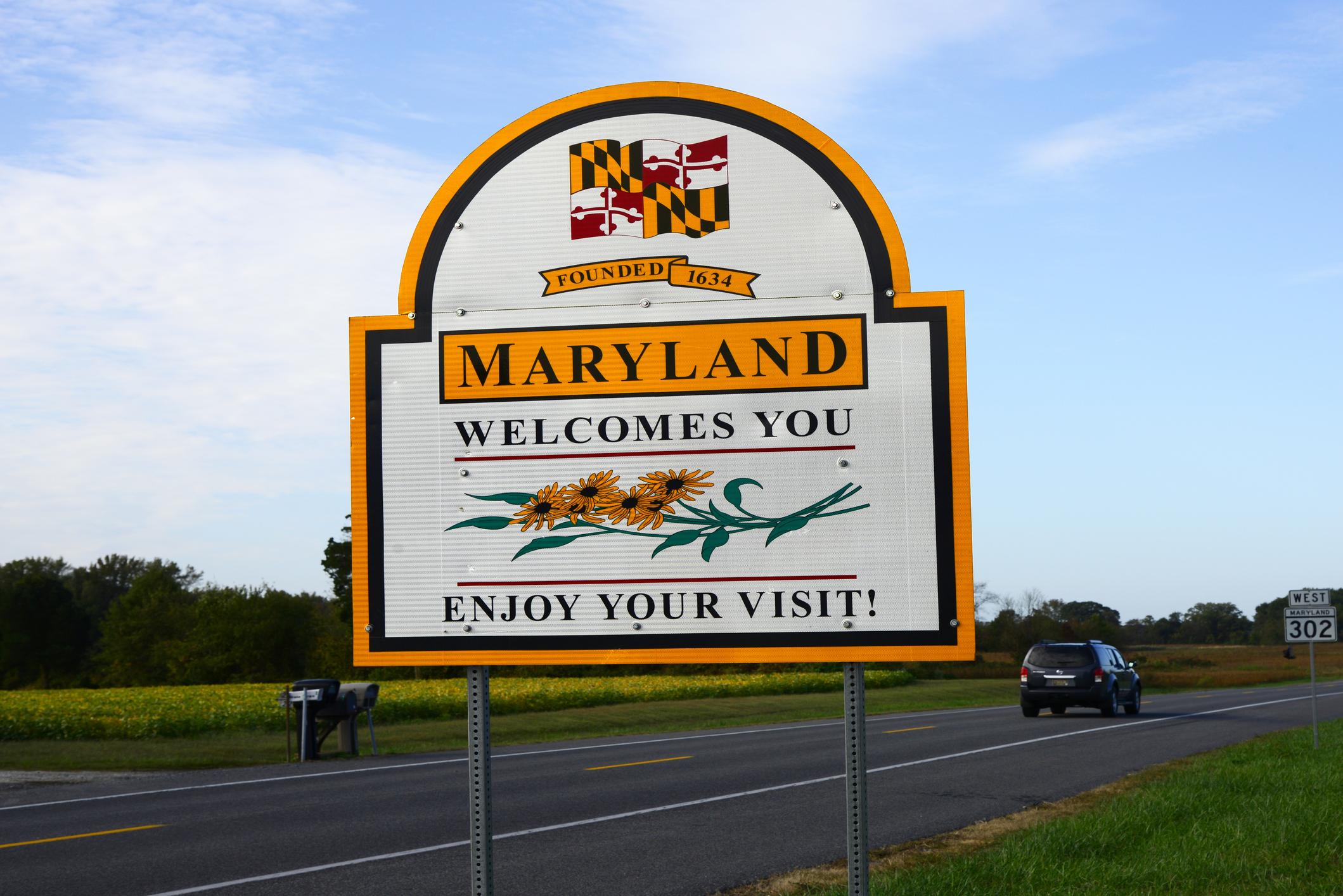
Maryland retirement taxes
Maryland taxes some retirement income, and localities can tax your income. However, there is a pension exclusion of up to $42,000 for retirees age 65 and older. Maryland has both an estate and inheritance tax. The estate tax exemption is $5 million. However, the inheritance tax is mostly exempt for lineal descendants and ascendents, and 10% for most others.
Income Tax on Taxable Income: Low of 2% (on up to $1,000) and a high of 5.75% (on more than $250,000 for single filers and $300,000 for joint filers)
- Social Security: Not taxable
- Pensions: Partially taxed (due to pension exclusion)
- 401(k) and IRA Distributions: Taxable

Massachusetts retirement taxes
Massachusetts taxes most retirement income and imposes an estate tax. The estate tax exemption is $2 million for 2025. Estate taxes can jump as high as 16% in the Bay State.
Tax on Taxable Income: Flat rate of 5%
(Note: income over $1,053,750 million is subject to an additional 4% tax known as the "Millionaires Tax")
- Social Security: Not taxable
- Pensions: Taxable (Government and public pension plans may be tax-exempt)
- 401(k) and IRA Distribution: Taxable
More: Massachusetts Tax Guide
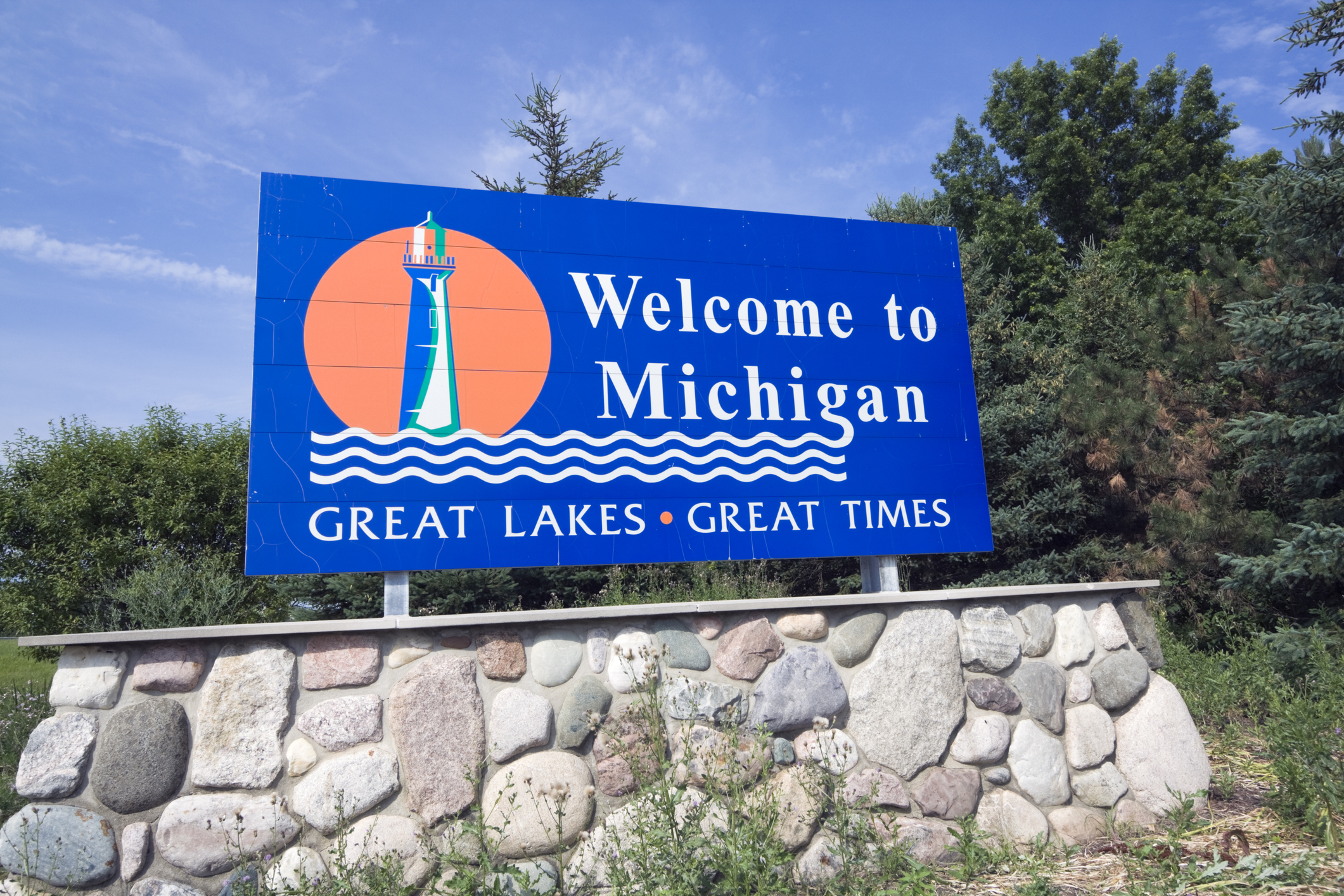
Michigan taxes on retirement income
Michigan: Beginning with tax year 2026, Michigan has effectively phased out its state income tax on most retirement and pension benefits, including defined-benefit pensions, IRA distributions, and other qualifying retirement income.
Under recent tax law changes, retirees born after 1952 who qualify can claim both the standard deduction and the Social Security deduction together.
Why: Michigan’s Public Acts (including PA 4 of 2023 and PA 24 of 2025) updated its tax code so that retirement and pension benefits are largely exempt from taxable income and allow the use of multiple deductions starting with the 2026 tax year.
Tax on Taxable Income: Flat 4.25%
- Social Security: Not taxable
- Pensions: Not taxable as of 2026
- 401(k) and IRA Distributions: Generally not taxable as of 2026
More: Michigan State Tax Guide

Minnesota taxes for retirees
Minnesota taxes most retirement income. To make matters worse, the lowest income tax bracket is high in Minnesota when compared to other states. There is also an estate tax that applies to estates valued over $3 million. The bright side is Minnesota does not have an inheritance tax.
Tax on Taxable Income: Low of 5.35% (on up to $31,690 for single filers and $46,330 for joint filers) and a high of 9.85% (on more than $193,240 for single filers and $321,450 for joint filers)
- Social Security: Partially taxable
- Pensions: Taxable (Minnesota allows a deduction for Military retirement pay)
- 401(k) and IRA Distributions: Taxable
More: States Announce Major 2025 Tax Changes: What It Means for Your Money
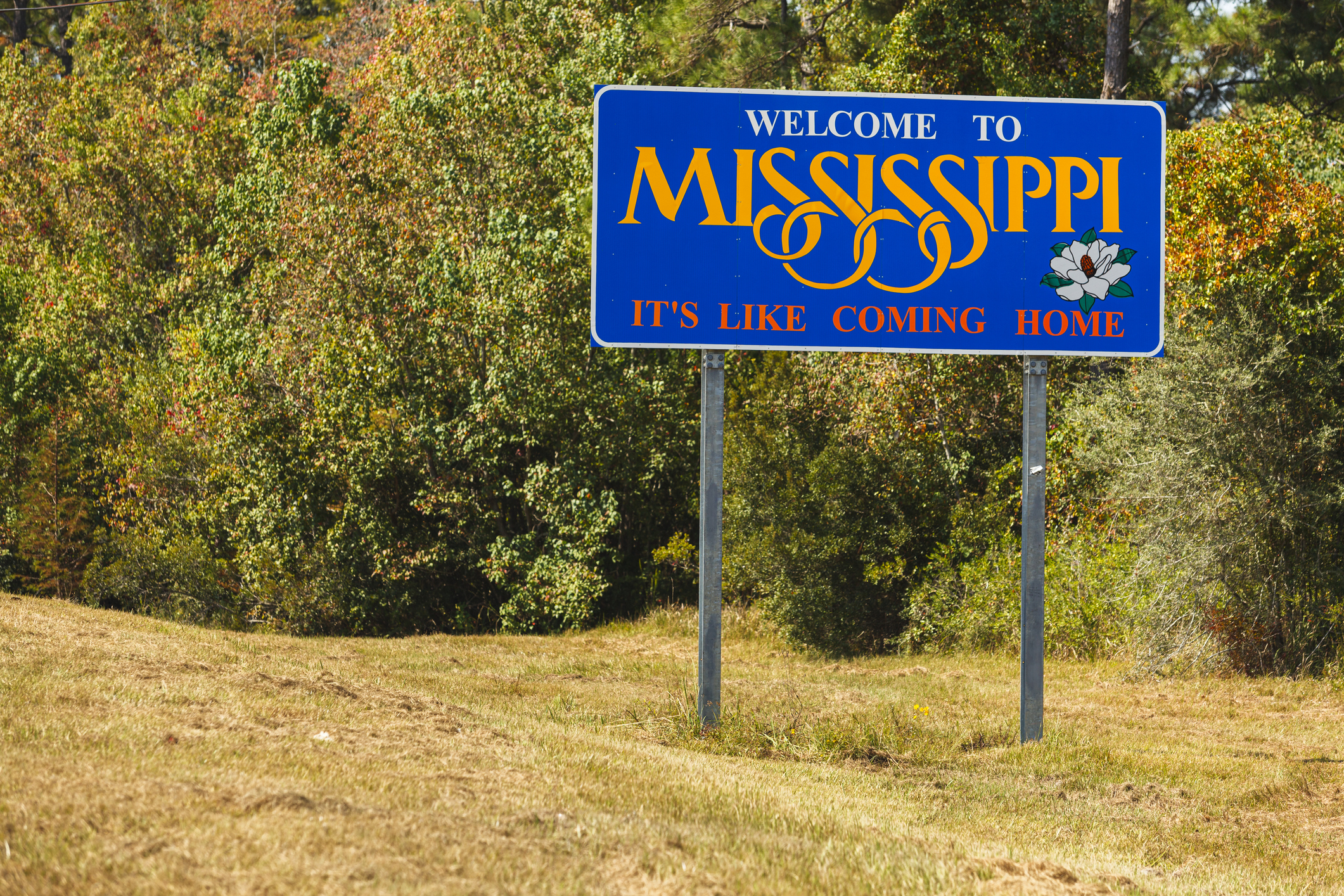
Mississippi taxes for retirees
Retirement income is exempt in Mississippi, but other types of income (including early withdrawals from retirement accounts) are still taxable. However, the income tax rate on taxable income is low, and it is set to decrease in the coming years.
Tax on Taxable Income: Flat 4.4% tax rate for 2025
(Note: Mississippi’s income tax rate will gradually decrease until it reaches 4% in 2026.)
- Social Security: Not taxable
- Pensions: Not taxable
- 401(k) and IRA Distributions: Not taxable
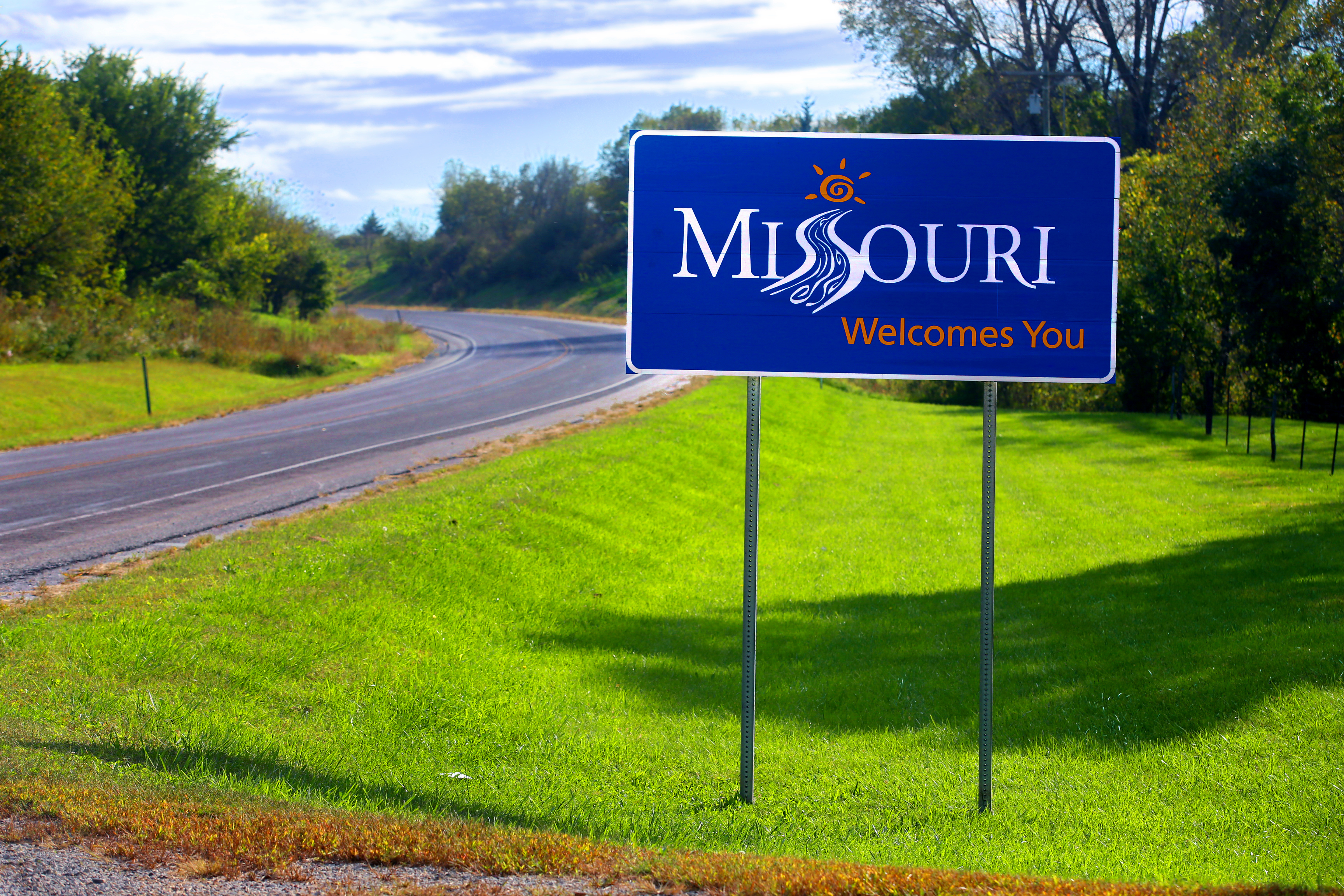
Missouri retirement tax friendliness
Missouri eliminated the tax on all Social Security retirement benefits, effective beginning with the 2024 tax year.
Tax on Taxable Income: Low of 2% (on up to $2,546) and a high of 4.8% (on more than $8,911)
- Social Security: Not taxable
- Pensions: Partially taxable (Public pensions are partially taxed.)
- 401(k) and IRA Distributions: Taxable
More: Missouri State Tax Guide

Montana retirement taxes
Montana repealed several tax deductions, including the partial pension, annuity, and IRA deduction, for the 2025 tax year. Retirees can now deduct up to $5,500 of qualified retirement income.
Tax on Taxable Income: Low of 4.7% (on up to $21,100 for single filers and $42,200 for joint filers) and a high of 5.9% for taxable income exceeding those thresholds for 2025.
- Social Security: Taxable (Partially deductible)
- Pensions: Taxable
- 401(k) and IRA Distributions: Taxable
More: Montana State Tax Guide

Nebraska retirement taxes
Nebraska no longer taxes Social Security. However, retirees will still need to pay Nebraska income tax on other types of retirement income.
Tax on Taxable Income: For 2025, a low of 2.46% (on up to $2,999 for single filers and $5,999 for joint filers) and a high of 5.84% (on $29,000 or more for single filers and $58,000 or more for joint filers)
- Social Security: Not taxable for 2025
- Pensions: Taxable (Military retirement pay is exempt)
- 401(k) and IRA Distributions: Taxable

Nevada taxes for retirees
Nevada is one of the states with no income tax, so you don’t need to worry about having any of your retirement income taxed on the state level. There are no estate or inheritances taxes to worry about in Nevada either.
Tax on Taxable Income: N/A
- Social Security: Not taxable
- Pensions: Not taxable
- 401(k) and IRA Distributions: Not taxable

What taxes do retirees pay in New Hampshire?
There is no state income tax in New Hampshire, so your Social Security, benefits, pension, and retirement distributions are safe. However, New Hampshire recently eliminated its tax on dividen and interest income as of tax year 2025.
Tax on Taxable Income: N/A (with the exception of interest and dividend income)
- Social Security: Not taxable
- Pensions: Not taxable
- 401(k) and IRA Distributions: Not taxable

What is the NJ tax rate on retirement income?
New Jersey taxes most types of retirement income, but most retirees age 62 and older can deduct a significant portion of their taxable income (taxpayers 65 and older may claim an additional senior deduction of $6,000 for single filers). As long as your federal AGI doesn’t exceed $150,000, you can deduct the maximum amount allowed based on your filing status. The maximum deductions are $75,000 for single filers, $50,000 for married filing separately, and $100,000 for joint filers.
Tax on Taxable Income: Low of 1.4% (on up to $20,000) and a high of 10.75% (on more than $1 million)
- Social Security: Not taxable
- Pensions: Partially taxable (Income requirements apply)
- 401(k) and IRA Distributions: Partially taxable (Income requirements apply)
More: What's Going on With New Jersey Property Tax Programs?

New Mexico retirement taxes
Most New Mexicans don't pay state income tax on their Social Security benefits. Taxpayers age 65 and older can deduct up to $8,000 from their taxable income, and income for residents 100 years and older is completely tax-exempt in New Mexico.
Tax on Taxable Income: Low of 1.7% (on up to $5,500 for single filers and $8,000 for joint filers) and a high of 5.9% (on more than $210,000 for single filers and $315,000 for joint filers)
- Social Security: Taxable for single filers who earn more than $100,000 per year (more than $150,00 if married filing jointly)
- Pensions: Partially taxable
- 401(k) and IRA Distributions: Partially taxable

Do retirees pay taxes in New York?
New York taxes most retirement income, but some taxpayers at least 59.5 years old can deduct up to $20,000 of qualified retirement income.
Tax on Taxable Income: Low of 4% (on up to $8,500 for single filers and $17,150 for joint filers) and a high of 10.9% (on more than $25,000,000 for all filers)
- Social Security: Not taxable
- Pensions: Partially taxable (Does not apply to federal, NYS, local, and military retirement income )
- 401(k) and IRA Distributions: Taxable
Note: You might qualify for New York's $20,000 pension and annuity exclusion, even if your retirement income is classified as taxable above. You can view Publication 36 for more information and to see if your retirement income qualifies.

North Carolina taxes for retirees
North Carolina taxes most types of retirement income. But the state has a low flat income tax rate, and that rate will drop even lower over the next few years.
Tax on Taxable Income: Flat rate of 4.25% for 2025
(Note: North Carolina’s income tax rate is set to gradually reduce until 2027 when it reaches 3.99%.)
- Social Security: Not taxable
- Pensions: Taxable
- 401(k) and IRA Distributions: Taxable
More: Hurricane Helene Aftermath: IRS Tax Relief and How to Help

North Dakota taxes for retirees
Recent legislation has made income tax in North Dakota affordable for many taxpayers. Even for retirement income that is subject to state income tax, the highest rate you will pay is 2.5%.
Tax on Taxable Income: Low of 0% (on up to $55,975 for single filers and $55,488 for joint filers) and a high of 2.5% (on more than $252,325 for single filers and $164,038 for joint filers)
- Social Security: Not taxable
- Pensions: Taxable (Excluding military retirement pay)
- 401(k) and IRA Distributions: Taxable
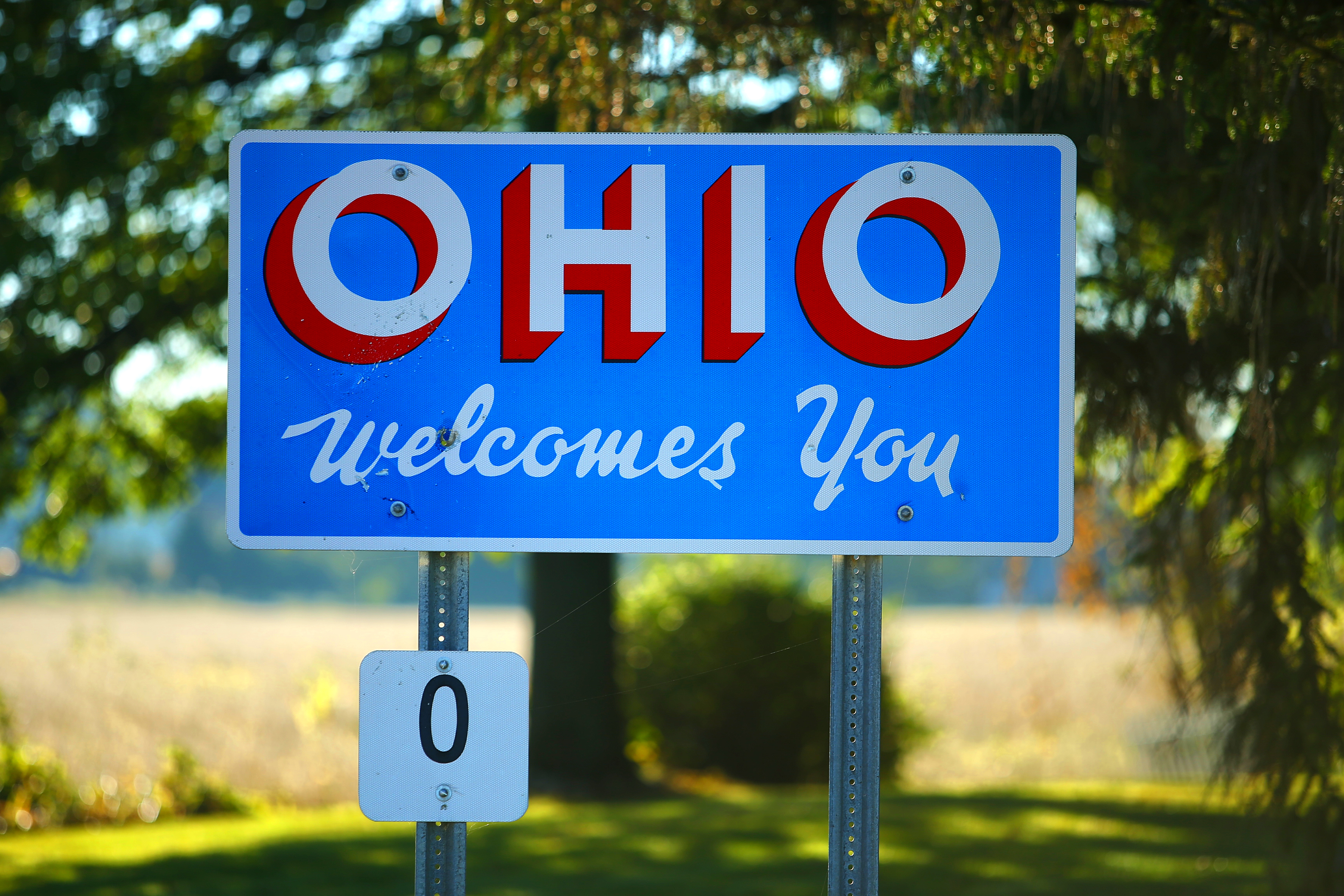
Ohio retirement taxes
Ohio taxes most types of retirement income, but military retirement pay is tax-exempt, and the state’s tax brackets are low when compared with other states. There is no estate or inheritance tax in Ohio.
Tax on Taxable Income: Low of 2.75% (on between $26,051 - $100,000) and a high of 3.125% (on more than $100,000)
The tax rate will move to a flat rate of 2.75% in 2026.
(Note: Ohio tax brackets depend on residency and filing status.)
- Social Security: Not taxable
- Pensions: Taxable
- 401(k) and IRA Distributions: Taxable
More: Ohio State Tax Guide

Does Oklahoma tax retirement income?
Oklahoma offers an income tax exemption of up to $10,000 to retirees age 65 and older. There is no state estate or inheritance tax in Oklahoma.
Tax on Taxable Income: Low of 0.25% (on up to $1,000) and a high of 4.75% (on more than $7,200)
The highest income tax bracket is lower in Oklahoma than in many other states, but most Oklahoma taxpayers fall into the state’s highest bracket.
- Social Security: Not taxable
- Pensions: Partially Taxable
- 401(k) and IRA Distributions: Partially Taxable
More: Oklahoma State Tax Guide

Oregon retirement income taxes
Oregon’s income tax brackets are high compared to most other states, and the state taxes most types of retirement income. Oregon also has an estate tax that applies to estates valued over $1 million.
Tax on Taxable Income: Low of 4.75% (on up to $4,400 for single filers and $8,600 for joint filers) and a high of 9.9% (on more than $125,000 for single filers and $250,000 for joint filers)
- Social Security: Not taxable
- Pensions: Taxable
- 401(k) and IRA Distributions: Taxable

Pennsylvania retirement income tax
Pennsylvania doesn’t tax any traditional types of retirement income. Even other types of income are taxed at a low flat rate, but localities in Pennsylvania can impose local income taxes of their own.
Tax on Taxable Income: Flat rate of 3.07%
- Social Security: Not taxable
- Pensions: Not taxable
- 401(k) and IRA Distributions: Not taxable

Rhode Island retirement taxes
Rhode Island taxes most types of retirement income. Income from military pensions is tax-exempt. The exemption amount for pension and annuity income is $20,000, which means some taxpayers may qualify for a total exemption of $40,000.
Tax on Taxable Income: Low of 3.75% (on up to $79,900) and a high of 5.99% (on more than $181,650)
- Social Security: Partially Taxable (Income requirements apply)
- Pensions: Partially Taxable
- 401(k) and IRA Distributions: 401(k) distributions (partially taxable) and IRA distributions (fully taxable)
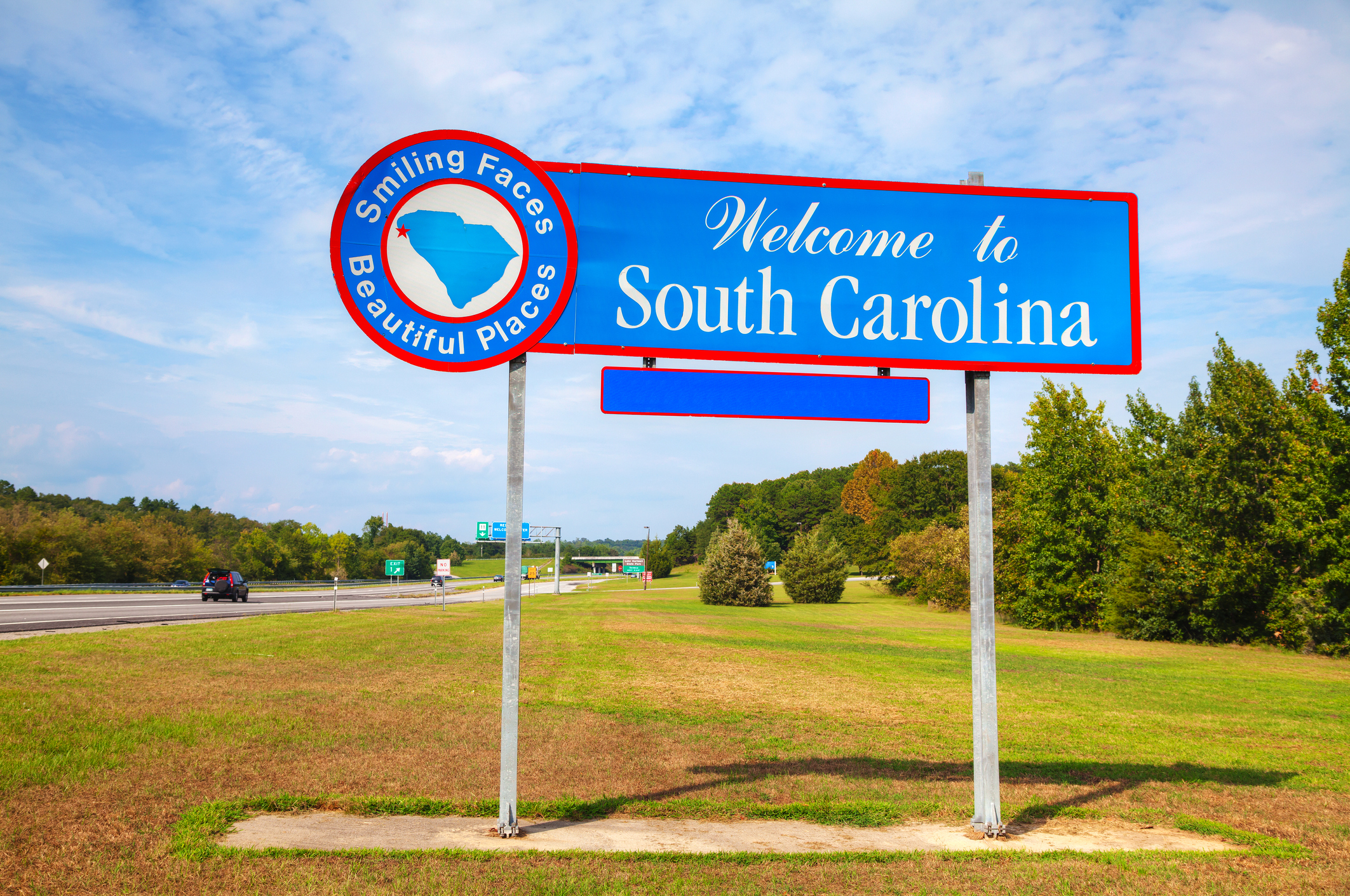
South Carolina retirement taxes
South Carolina offers a retirement income exclusion of up to $15,000. If you have taxable income that exceeds that amount, you’ll pay income taxes in South Carolina.
Tax on Taxable Income: Low of 0% (on up to $3,460) and a high of 6.2% (on more than $17,330)
- Social Security: Not taxable
- Pensions: Partially taxable
- 401(k) and IRA Distributions: Partially taxable
More: Hurricane Helene Aftermath: IRS Tax Relief and How to Help

Is retirement income taxed in South Dakota?
You won’t pay any state income taxes in South Dakota. That’s because there is no personal income tax in South Dakota. There is no estate or inheritance tax in the state either.
Tax on Taxable Income: N/A
- Social Security: Not taxable
- Pensions: Not taxable
- 401(k) and IRA Distributions: Not taxable

Tennessee retirement taxes
Tennessee is another state with no income tax, so there is no state tax liability on your retirement income. You don’t need to worry about leaving your heirs with a big state tax bill, either. Tennessee doesn't have an estate or inheritance tax. Plus, there may be several relatively cheap places to live in Tennessee.
Tax on Taxable Income: N/A
- Social Security: Not taxable
- Pensions: Not taxable
- 401(k) and IRA Distributions: Not taxable
More: Do You Pay Property Taxes in Tennessee? What Homeowners Need to Know in 2026.

Texas retirement income tax
There is no personal income tax in Texas. That means none of your retirement income will be taxed at the state level. There are no estate or inheritance taxes in Texas either.
Tax on Taxable Income: N/A
- Social Security: Not taxable
- Pensions: Not taxable
- 401(k) and IRA Distributions: Not taxable

Utah tax on retirement income
Utah taxes most retirement income, and the state no longer taxes military retirement pay. Eligible retirees can claim a retirement tax credit of up to $450.
Tax on Taxable Income: Flat rate of 4.50%
- Social Security: Taxable
- Pensions: Taxable
- 401(k) and IRA Distributions: Taxable
More: Utah Tax Guide

How Vermont taxes retirees
Many retirees will pay income tax in Vermont. However, Social Security recipients with an AGI of $65,000 or less (if married filing jointly) may qualify for an exemption.
Additionally, Vermont allows a deduction of up to $10,000 for military retirement pay and another deduction of up to $10,000 for some other types of retirement income (including government pensions). The same income requirements apply for the deduction as for the Social Security exemption.
Tax on Taxable Income: Low of 3.35% (on up to $47,900 for single filers and $79,950 for joint filers) and a high of 8.75% (on more than $242,000 for single filers and $294,600 for joint filers)
- Social Security: Partially taxable
- Pensions: Partially taxable
- 401(k) and IRA Distributions: Taxable
More: Vermont Tax Guide

Virginia taxes on retirement income
Virginia taxes most types of retirement income. However, retirees age 65 and older may qualify for a tax deduction of up to $12,000. The deduction is decreased if the taxpayer’s AGI exceeds the income threshold ($50,000 for single filers and $75,000 for joint filers).
Tax on Taxable Income: Low of 2% (on up to $3,000) and a high of 5.75% (on more than $17,000)
- Social Security: Not taxable
- Pensions: Taxable
- 401(k) and IRA Distributions: Taxable

Does Washington state tax your retirement?
Washington doesn’t have a personal income tax, so you won’t pay state income tax on your retirement benefits. Washington’s capital gains tax is 7% (9.9% for gains that exceed $1 million) on the sale of some long-term capital assets (such as stocks and bonds) that exceed $270,0 00 in one year.
Tax on Taxable Income: N/A
- Social Security: Not taxable
- Pensions: Not taxable
- 401(k) and IRA Distributions: Not taxable
More: Washington Tax Guide

West Virginia retirement taxes
West Virginia: For tax year 2026 and beyond, West Virginia fully exempts all Social Security benefits from state income tax, completing a three-year phase-out that began in 2024. As a result, retirees will be able to deduct 100 % of Social Security income regardless of income level.
Why: West Virginia enacted a law that phased out its tax on Social Security benefits — rising from 35 % exempt in 2024 to 100 % exempt for the 2026 tax year.
Other retirement income (e.g., private pensions, 401(k) or IRA distributions) continue to be treated under normal state income tax rules after applicable deductions.
Tax on Taxable Income: Low of 2.2% (on up to $10,000) and a high of 4.82% (on more than $60,000)
(Note: Income tax rates may differ if you are married and filing separately.)
- Social Security: Tax-exempt as of 2026
- Pensions: Taxable (exclusions apply)
- 401(k) and IRA Distributions: Taxable
More: New Social Security Tax Reforms Change Benefits in Two States

Wisconsin retirement taxes
Wisconsin taxes most types of retirement income. However, Social Security isn’t taxed, and taxpayers age 65 and older won’t pay tax on income from federal, local, or state retirement plans (including military retirement benefits).
Tax on Taxable Income: Low of 3.5% (on up to $14,320 for single filers and $19,090 for joint filers) and a high of 7.65% (on more than $315,310 for single filers and $420,420 for joint filers)
(Note: Some retirees age 67 or older may exclude up to $24,000 for single taxpayers ($48,000 for joint filers) of retirement income.)
- Social Security: Not taxable
- Pensions: Taxable
- 401(k) and IRA Distributions: Taxable
More: Wisconsin Tax Guide

Wyoming retirement taxes
Wyoming is one of the states with no personal income tax, so you won’t need to pay state income tax on your retirement income or any other type of earnings.
Tax on Taxable Income: N/A
- Social Security: Not taxable
- Pensions: Not taxable
- 401(k) and IRA Distributions: Not taxable
More: Wyoming State Tax Guide
Read More
- 3 Retirement Tax Traps to Watch in 2026
- States That Won't Tax Your Death
Profit and prosper with the best of Kiplinger's advice on investing, taxes, retirement, personal finance and much more. Delivered daily. Enter your email in the box and click Sign Me Up.

Kate is a CPA with experience in audit and technology. As a Tax Writer at Kiplinger, Kate believes that tax and finance news should meet people where they are today, across cultural, educational, and disciplinary backgrounds.
- Katelyn WashingtonFormer Tax Writer
